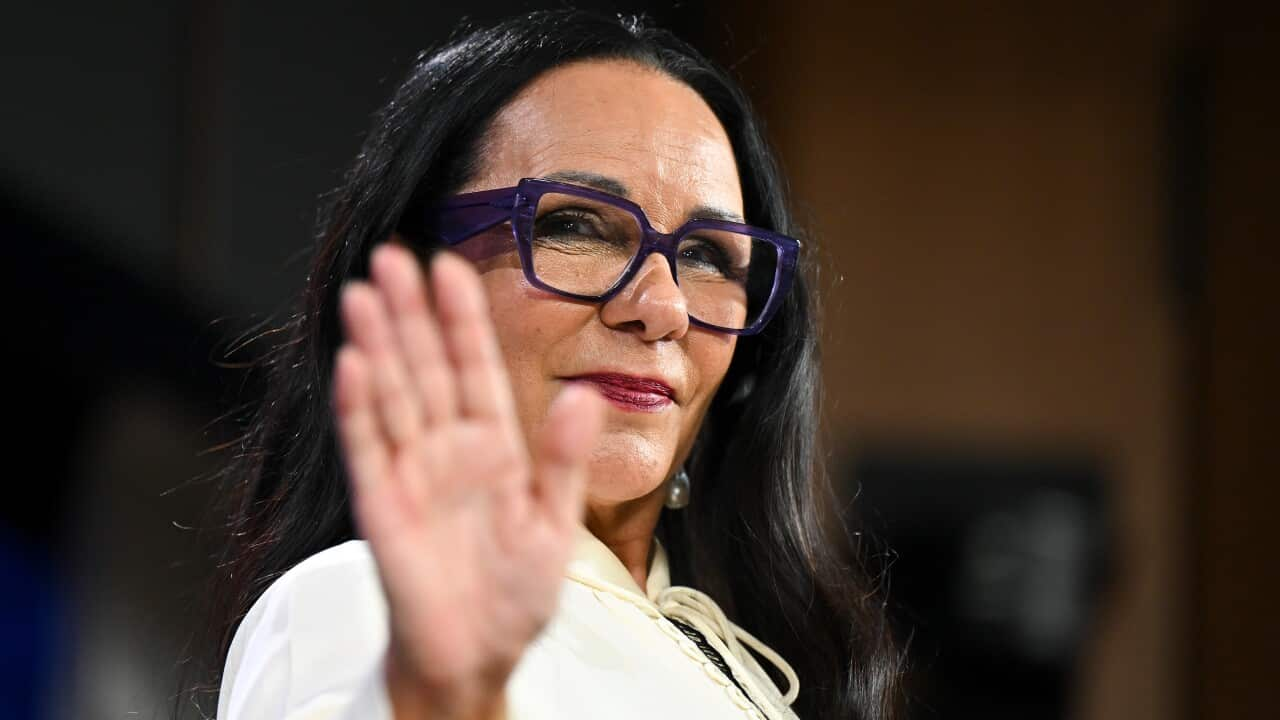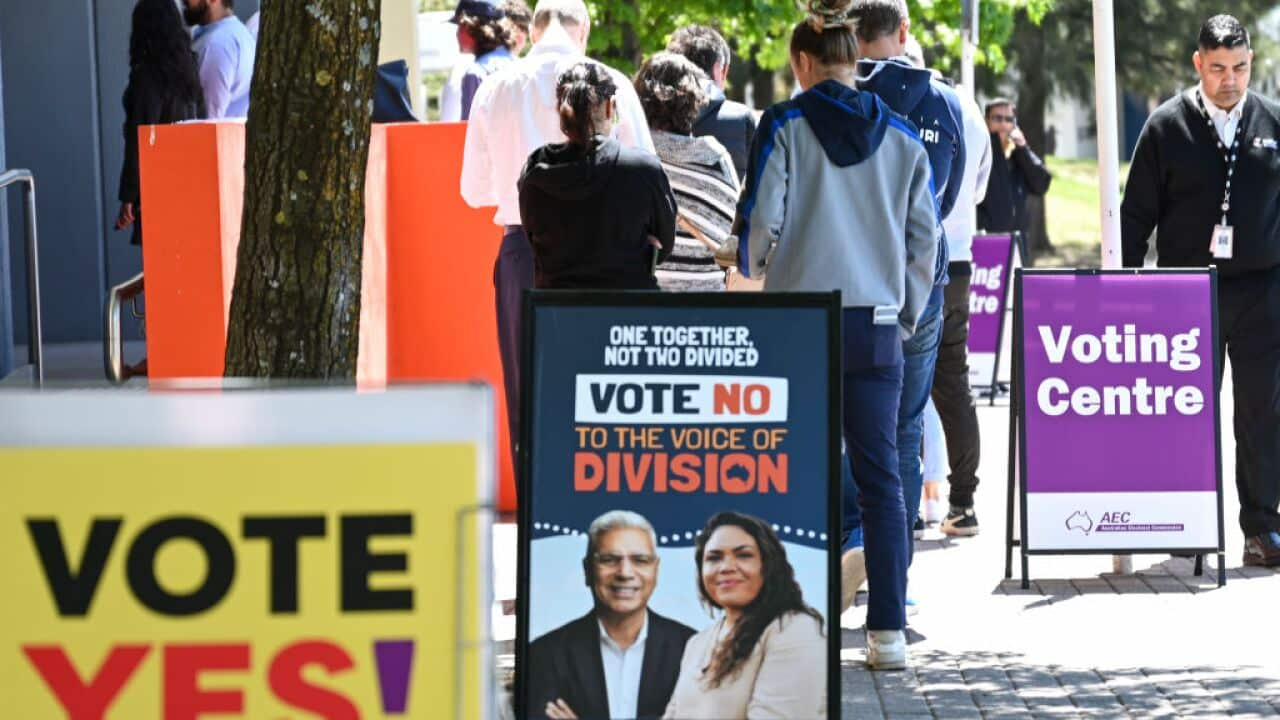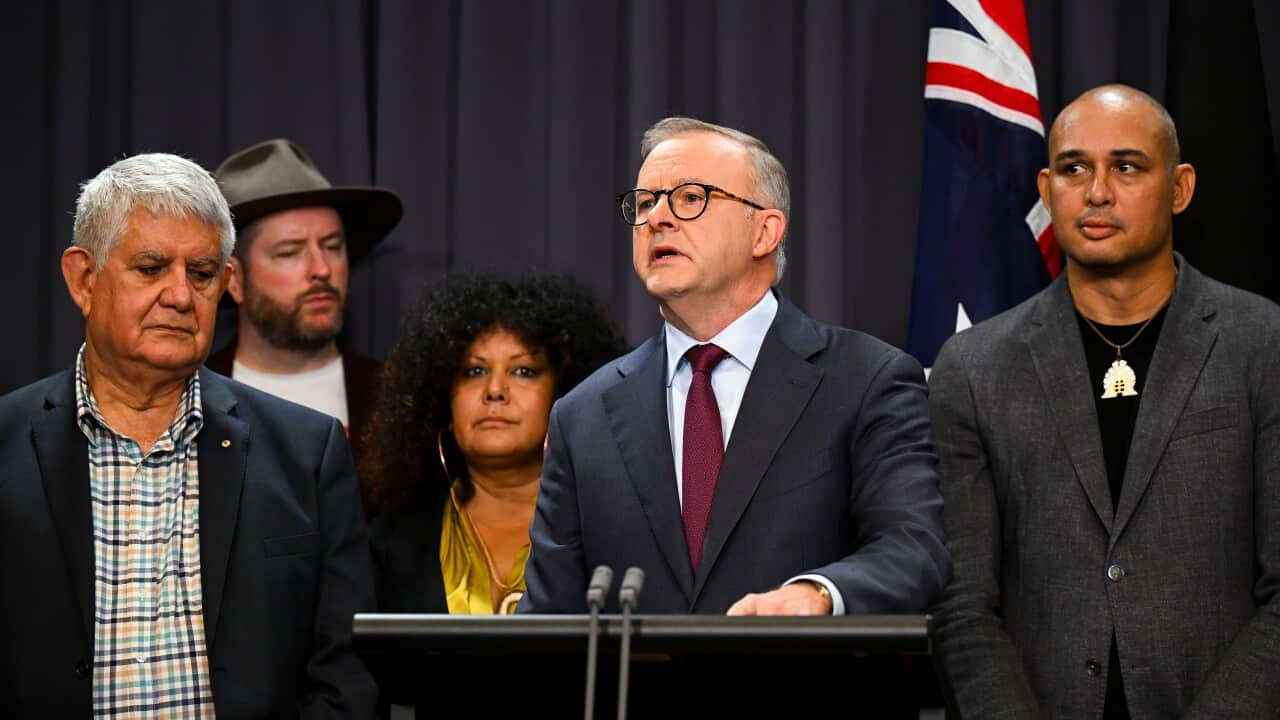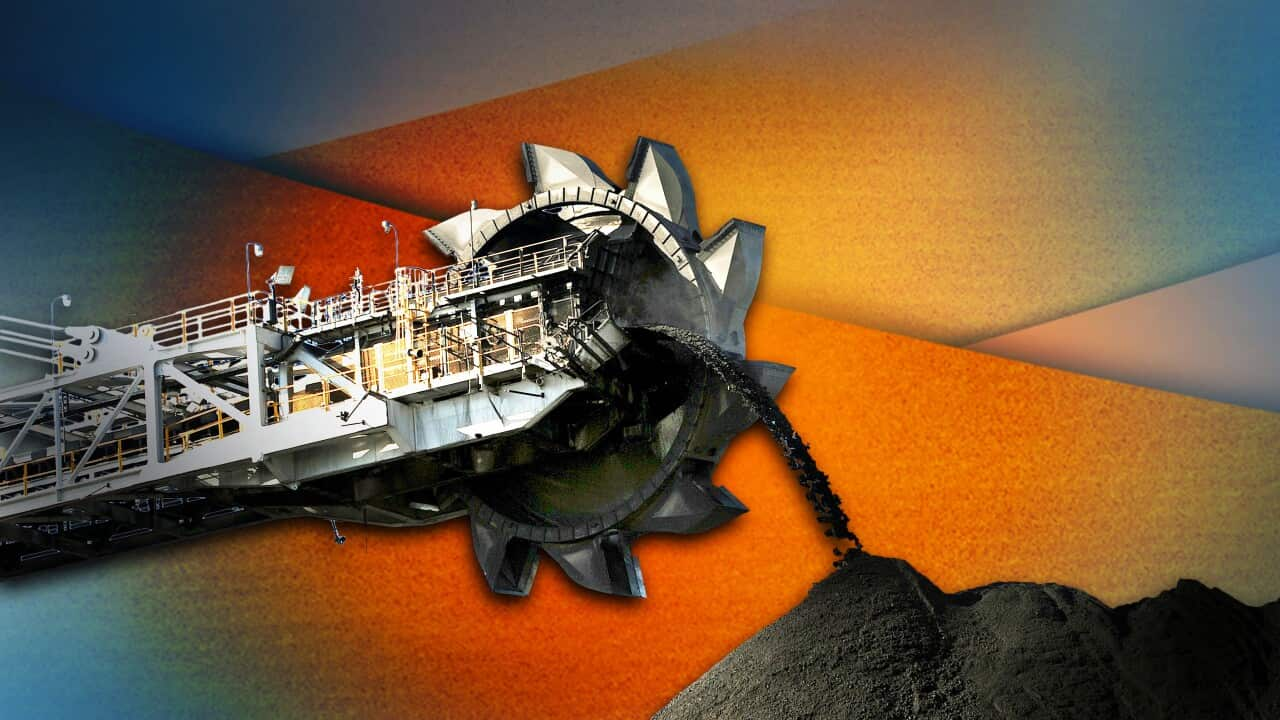KEY POINTS:
- Linda Burney outlines four main priorities for the Voice.
- Major priorities will be health, education, jobs, and housing.
- Burney will insist the Voice won't be a 'passive advisory body'.
Indigenous Affairs Minister Linda Burney has urged Australians to resolve "unfinished business" by voting for an Indigenous Voice to Parliament, as she outlined the four main priorities for the body.
Australians will decide whether to enshrine the advisory body in the constitution at the end of the year in the country's first referendum in almost a quarter of a century.
Delivering a major speech to the Press Club on Monday, Burney - a Wiradjuri woman - insisted the Voice would be "active and engaged" in providing input to the government on ways to improve outcomes for Indigenous people.
"We need new perspectives to old challenges," she said.
Burney said the old challenges included poor health outcomes, suicide, low life expectancy and unemployment.
"When will we finally resolve this unfinished business? We are so close. Our destination is on the horizon," she said.

Prime Minister Anthony Albanese, surrounded by members of the First Nations Referendum Working Group, speaks to the media during a press conference at Parliament House in Canberra. Source: AAP / Lukas Coch
Here are the key takeaways.
The Voice’s four main priorities
Burney's speech was delivered after weeks of the No camp questioning the scope of the Voice, including claims it could advise the Reserve Bank on interest rates or see the date of Australia Day changed.
She insisted the Voice "will be changing lives, not changing public holidays", outlining four key priorities:
- Health
- Education
- Jobs
- Housing
“Aboriginal and Torres Strait Islander People are worried about the big issues," Burney said.
"I have been around for a very long time, and [those] issues - health, education, housing, and employment - are absolutely fundamental to the future direction for Aboriginal and Torres Strait Islander People."
With parliament to establish details on how the Voice would operate after the referendum, Burney did not reveal whether the legislation would require it to prioritise those issues.
But she intimated that local community members would also be able to raise issues with the Voice, which would then deliver those concerns to the government and parliament.
Burney’s first conversation with the Voice
Burney also revealed what she will say to the Voice during her first meeting with the body.
She said she will ask it to "bring me your ideas" on ways to reduce Indigenous suicides, increase schooling outcomes for Aboriginal children, and improve health and employment outcomes.
"I'll be asking the Voice for their input to solve these most pressing issues. So there'll be important work in the Voice's in-tray from day one," she said.
Opposition Indigenous Australians spokeswoman Jacinta Nampijinpa Price, a Warlpiri-Celtic woman, took aim at the comments, claiming Labor had ignored ideas already in its inbox.
“[Those comments are] suggesting that she doesn't have any ideas at all or … listening to those that currently do have ideas," Price told ABC Radio on Wednesday.
Price specifically cited a school project in her hometown of Alice Springs, which would see a $12 million boarding house built at a local school in a bid to reduce youth crime.
Local Labor MP Marion Scrymgour rejected the suggestion in May, saying she supported its "educational aspirations" but warning the proposal was "full of holes".
Burney goes off script to criticise 'Trump-style' No campaign
Burney directed particular ire at Fair Australia, a No campaign being led by Price, comparing its tactics to Donald Trump.
"It is imposing Trump-style politics on Australia. It is post-truth, and its aim is to polarise, to sow division in our society by making false claims," Burney said.
Fair Australia has aired a number of ads on social media, telling Australians the Voice would "wreck your constitution, rewire your democracy, and divide Australians by race".
Burney first referenced Trumpian politics last month, but her comments on Wednesday were not included in a transcript circulated before the speech.

Jacinta Nampijinpa Price insists the Voice would divide Australia by race. Source: AAP / Michael Errey
“People need to understand that misinformation and disinformation is damaging, and I do not apologise," she said.
She took aim at Peter Dutton in particular, after the Opposition leader claimed businesses supporting the Voice lacked "significant backbone" and did not reflect public opinion.
“It is up to [him] if [he] wants to tell people what to do … [but] I don't think the business community would be very impressed by the bully-boy tactics of Peter Dutton," Burney said.
Price insisted there were "so many unanswered questions" about the Voice and argued it did not need to be constitutionally enshrined.
Although the Voice would be a purely advisory body, without the power to override parliament, Price repeated her argument it would provide "opportunity for Australians based purely on our racial heritage".
"Unfortunately for those that are asking me [about the Voice], I say don't support something that you don't have the detail on because that is a huge risk," Price said.
Fair Australia described Burney's comments as "an arrogant attack on ordinary Australians" who oppose the Voice.
"If you stand against her campaign to change the constitution to quite literally divide us by race, you’re accused of division, racism, and misinformation. How is that not divisive?" they said.
Burney confident despite flagging polls
Despite variations in numbers, polling has shown a steady decline in support for the Voice since this time last year.
A Newspoll last month had the No vote edging ahead for the first time, with 47 per cent of respondents in opposition and 43 per cent in support.
But Burney referenced her own experience talking to people in the community, saying: “I am glad that people want more information.”

Prime Minister Anthony Albanese has committed to the Uluru Statement From the Heart 'in full'. Source: AAP / AAP
“I have so much faith in the Australian community, from what I am hearing and from what I am seeing, that we're going to have a successful referendum.”
Burney flatly rejected suggestions constitutional recognition of Indigenous Australians, which has bipartisan support, should be a separate question from the Voice at the referendum.
What happens to Treaty and Truth-telling if Australians vote No?
The Voice was a key recommendation of the Uluru Statement from the Heart.
But the 2017 Statement, which emerged after years of consultation with Indigenous communities, also called for Truth-telling and Treaty processes to follow after the Voice is established.
The Greens compromised on their preferred order to back the Voice, but in May, demanded work begin on Truth and Treaty as an .
The Greens have demanded Labor reaffirm its commitment to truth-telling and Treaty, also recommended by the Uluru Statement, regardless of the referendum outcome.
Prime Minister Anthony Albanese has committed to implementing the Uluru Statement "in full" but rebuffed questions over Truth and Treaty by saying we are fully focused on making the Voice a reality.
Asked whether Labor would push other avenues for reconciliation, like Treaty, if the Voice failed, Burney said: "The commitment to this referendum is full-throttled."
"The commitment to addressing the practical issues facing indigenous people is absolute. The commitment to recognising first peoples in the constitution is absolutely 100 per cent. So I am not going to deal in hypotheticals."












